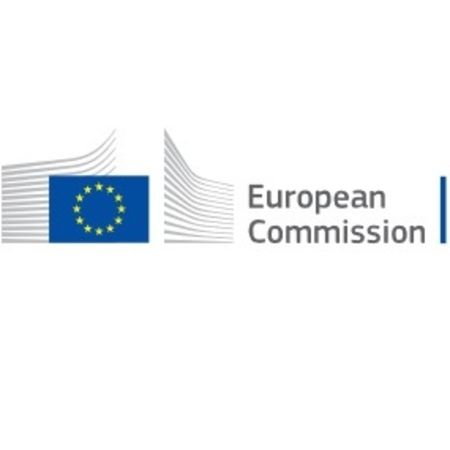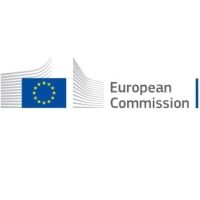On 30 March, the European Commission issued practical guidance to ensure workers’ mobility within the EU, in particular those in critical occupations to fight the novel coronavirus pandemic.
You may also like: How To Manage a Remote Healthcare Team
These occupations include healthcare, food sector, childcare, elderly care, and critical staff for utilities, among others. Despite the internal border controls introduced by some member states, critical workers should able to reach their destination, including transits through a country’s territory, without delay to ensure continued professional activity. This relates to both employed and self-employed persons.
If you want to share your experience and perspective on COVID-19, please do.
If your company is interested in engaging with our COVID-19 community, please send us anemail.
The guidelines provide a list of such occupations, although it is not exhaustive. Examples include:
- Health associate professionals (also paramedical professionals).
- Personal care workers in health services, including care workers for children, persons with disabilities and the elderly.
- Scientists in health-related industries.
- Workers in pharmaceutical and medical devices industry.
- Workers involved in the supply of goods, in particular for the supply chain of medicines, medical supplies, medical devices and personal protective equipment, including in their installation and maintenance.
Member states are urged to adopt simple and fast procedures to ensure a smooth passage for such frontier workers, including proportionate health screening. This may be done by means of dedicated lanes at the border or with specific stickers recognised by neighbouring member states.
Nicolas Schmit,
the Commissioner for Jobs and Social Rights, said: “Thousands of women and men working hard to
keep us safe, healthy and with food on the table need to cross EU borders to go
to work. It is our collective responsibility to ensure that they are not hindered
in their movement, while taking every precaution to avoid further spread of the
pandemic.”
These guidelines complement the recently adopted Guidelines
for border management measures to protect health and ensure the availability of
goods and essential services as well as the Guidance
on the implementation of the temporary restriction on non-essential travel to
the EU.
Source: European Commission
Image credit: European Commission



























